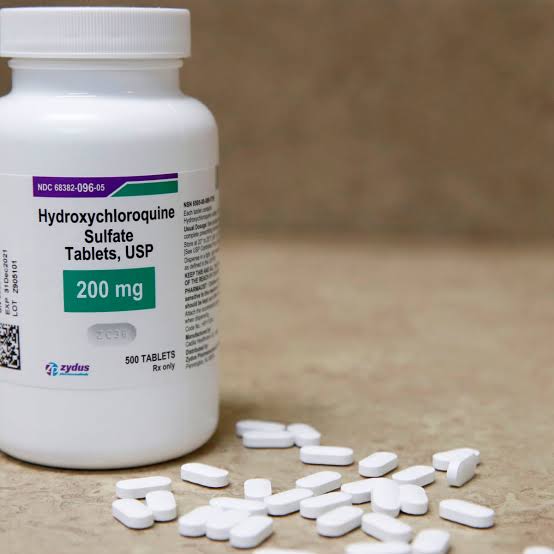Hydroxychloroquine Helped Coronavirus Patients Survive Better – New Study Reveals

A new study has found that the controversial antimalarial drug hydroxychloroquine helped COVID-19 patients survive better in the hospital.
A Henry Ford Health System study, following analysis of 2,541 hospitalized patients, has found that those given hydroxychloroquine were much less likely to die, CNN reports.
Patients with a median age of 64 were among those analyzed, with 51% men and 56% African American.
According to Dr. Marcus Zervos, division head of infectious disease for Henry Ford Health System, 26% of those not given hydroxychloroquine died, compared to 13% of those who got the drug.
The team of researchers in a report published in the International Journal of Infectious Diseases wrote;
Overall crude mortality rates were 18.1% in the entire cohort, 13.5% in the hydroxychloroquine alone group, 20.1% among those receiving hydroxychloroquine plus azithromycin, 22.4% among the azithromycin alone group, and 26.4% for neither drug.
The study also found that patients did not suffer heart-related side effects from the drug, contrary to finding from previous studies.
The Henry Ford team wrote that 82% of their patients received hydroxychloroquine within the first 24 hours of admission, and 91% within the first 48 hours of admission.
The finding gives a gleam of hope as several other studies have found no benefit from hydroxychloroquine, a drug originally developed to treat and prevent malaria.
President Donald Trump publicly lauded the drug, but later studies found not that COVID-19 patients do not get better but are more likely to suffer cardiac side effects.
The US Food and Drug Administration afterwards withdrew its emergency use authorization for the drug earlier in June.
Trials around the world, including trials sponsored by the World Health Organization and the National Institutes of Health, were halted.
Read Also: COVID-19: WHO Suspends Trial Of Hydroxychloroquine Over Safety Concerns
In the new findings, Zervos during a press conference stressed that;
Our results do differ from some other studies. What we think was important in ours is that patients were treated early. For hydroxychloroquine to have a benefit, it needs to begin before the patients begin to suffer some of the severe immune reactions that patients can have with COVID-19.
Roughly 82% of the patients began receiving hydroxychloroquine within 24 hours and 91% within 48 hours, a factor Dr. Zervos identified as a potential key to the medication’s success.
Regarding its finding about heart related side effects of the drug, the team in its statement wrote;
The combination of hydroxychloroquine plus azithromycin was reserved for selected patients with severe COVID-19 and with minimal cardiac risk factors.
The Henry Ford team said they believe their findings show hydroxychloroquine could be potentially useful as a treatment for coronavirus.
Several researchers and pharmaceutical organizations around the world are working relentlessly to discover an effective treatment, even as a possible second wave of the virus looms.
